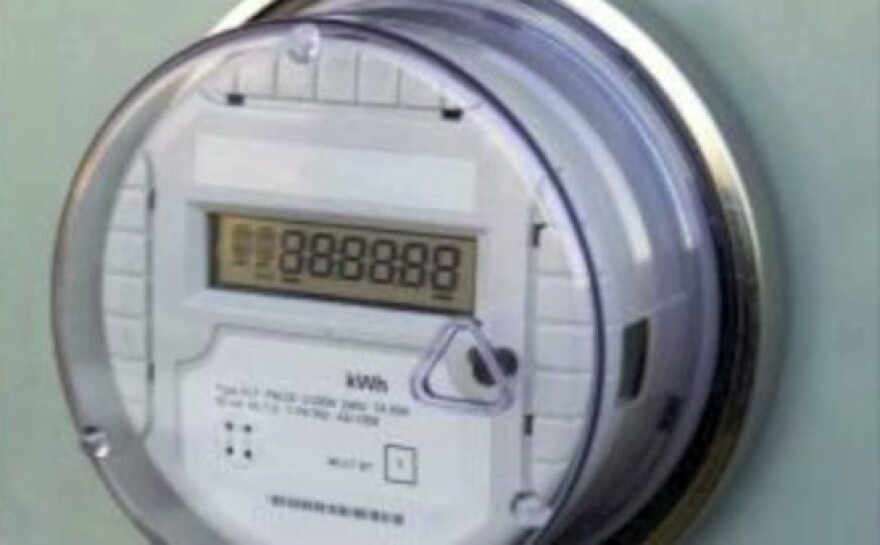The state's biggest electricity provider says customers who don't want a smart meter will have to pay extra for the privilege.
Smart meters use radio signals to allow two-way communication between a customer's residence and the utility.
The meters let utilities know immediately who has lost power, among other things. The company will also be able to remotely shut off power and turn it back on.
That will greatly expedite getting the lights on for thousands of students who move into off-campus housing in a short period of time in September.
DTE Energy has already converted 800,000 customers to the new smart meters.
But some customers don't want them, often citing a fear of the health risk associated with the intermittent radio signals from the meters.
That's even though the power of the signal is about the same as a cell phone.
DTE is proposing a one-time fee of $87 to opt out, plus a $15 monthly charge.
Spokesman Scott Simons says the company will have to maintain a special team of employees just for customers without smart meters.
"If they want to be treated special from the rest of our customers," says Simons, "they're going to have to pay an additional cost to serve them."
Simons says DTE Energy doesn't directly employ traditional meter readers, instead contracting the work out. But he says very few have lost their jobs; many if not all have by now been trained in the installation of the smart meters.
The utility has to get approval for the special charges from the Michigan Public Service Commission.
Consumers Energy will begin converting its customers to smart meters this fall, and the company expects it will also charge extra for customers who refuse the meters.
?



